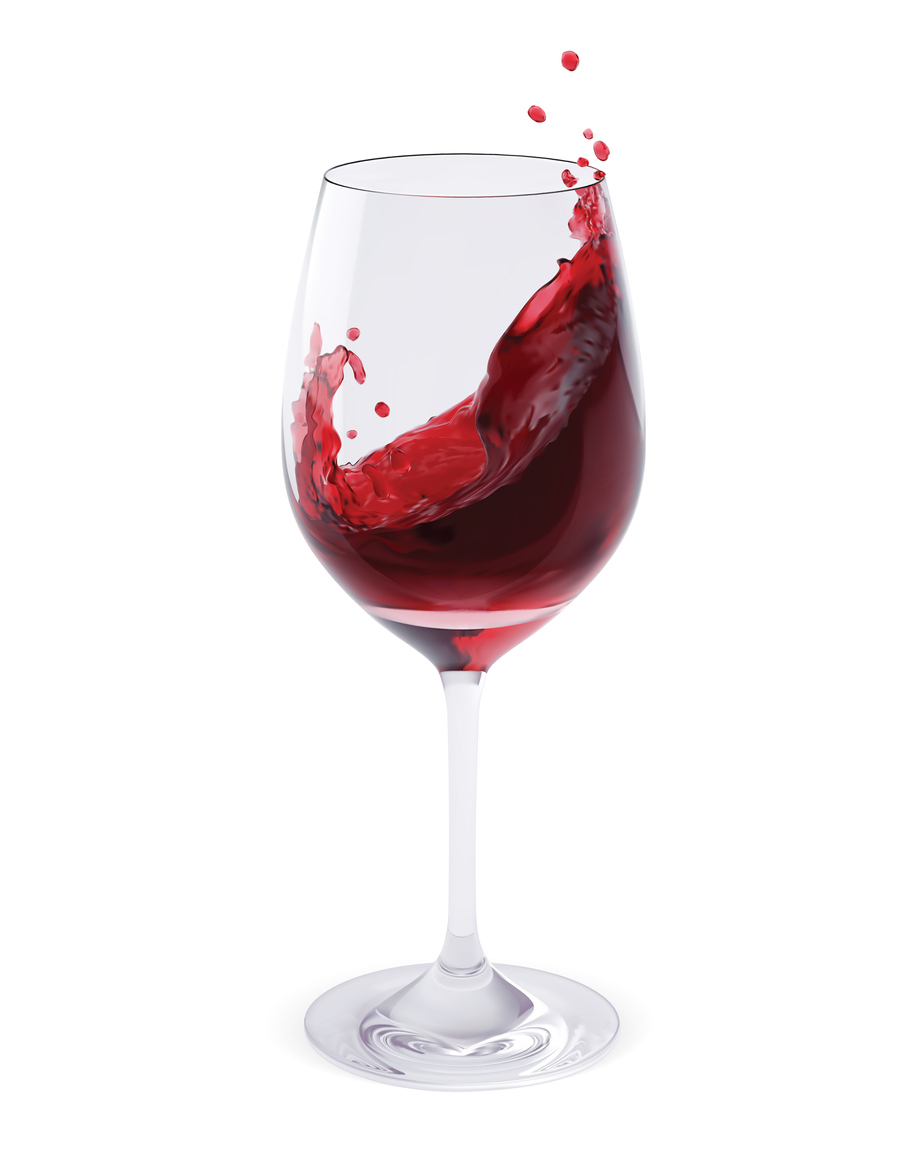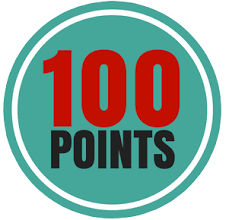
We’ve all seen the ratings of wines in in our favorite wine shop, usually wines with scores in the 80s or even 90s. 88 points! 92 Points! But what do these scores really mean? Are higher scoring wines definitively better? And what does a wine score mean and how are they derived?
The first thing to realize is that the 100-point score is really more like a 30-point scale from 70 to 100. And almost no winery would proclaim their amazing 72-point wine. It’s like bragging you got a C- on a test.
Wine Spectator magazine, one of the largest wine scoring operations indicates the following qualitative rating by score:
60-69. Wines are flawed and not recommended
70-79 Wines are flawed and taste average
80-84 wines are above average to good
85-90 wines are good to very good
90-94 wines are superior to exceptional
95-100. Wines are benchmark examples or classic
The distribution of wine ratings from Wine Spectator from 2009-2013 show an average rating of about 88, with very few wines below 81 and only slightly more over 94.
So, is a wine with a 90 rating better than a wine with an 86 rating? Well, that depends. Different critics have different palates. And one might rate a wine more highly because it fit their taste profile. The big ratings operations are Wine Spectator magazine, Wine Advocate and Wine Enthusiast magazine. These are shortened to WS, WA and WE respectively when the ratings are shown in the store. In my experience, WE is the easiest grader with WS being harder and WA being the hardest grader for the same wine.
The other factor is the rating is relative to other wines of that type, a 95 point Syrah tastes different than a 95 point Riesling. A high score like that means it is a great example of that kind of wine from that area. And you might prefer one over the other, without regard to the rating.
Ever wonder why you don’t see those 70 point rated wines? Well, lots of them are never tasted. In fact, most wines are not rated and that’s okay – it doesn’t make them bad wines. But if they were scored and did poorly, their marketers won’t be talking about it.
How do the scorers come up with the rating? The current 100-point scale was popularized by Wine Critic Robert Parker of Wine Advocate, and derived from an earlier 20-point system from University of California- Davis.
The scoring goes like this:
| Factor | Comments |
Potential Score |
| It’s Wine | Like signing your name at the SAT – everyone gets this |
50 |
| Color and appearance | How does the wine look, optics |
5 |
| Aroma and bouquet | What the nose perceives, complexity |
15 |
| Flavor and finish | What you taste and how long the finish lasts |
20 |
| Overall quality | A subjective factor on the integrated experience |
10 |
| Total Available |
100 |
While this appears simple, it requires a trained palate to differentiate on each of these scales. It’s actually quite hard to get a high score on this evaluation as a lot of things have to be done right. The 100-point scale took over and most rating organizations use it at this point. You will occasionally see a wine rated on a 20-point scale. While it isn’t exact, I just multiply by five to translate.
Over time, some winemakers have learned how to prep for the test and try to deliver wines that are designed to score well. In some cases, they have learned the taste profile of some famous tasters and shifted their wines to be pleasing to them. This has been called “Parkerization” of wines to match the preferences of famed wine critic Robert Parker. This means he might score it well, but unless your palate is like his — you might not!
Should you always look for highly rated wines? My advice is to find areas of the world and grapes that you prefer and maybe even some specific estates that have a house style you prefer. If you want to chase scores within that area, it probably isn’t a problem. Just realize you can’t compare an 88 point Napa Cabernet with an 88 point French Champagne. Also realize this has become more of a marketing effort than an effort to make amazing wines, so take it all with a grain of salt.
At the end of the day, when people ask me if a wine is a good wine, my response is to ask if they enjoy it. If they do, I respond. “Then it’s good wine.” Wine is about what you like not what the critics say. We’ve all been to a show that the critics didn’t love, but we enjoyed immensely. Wine is the same way
Cheers!

